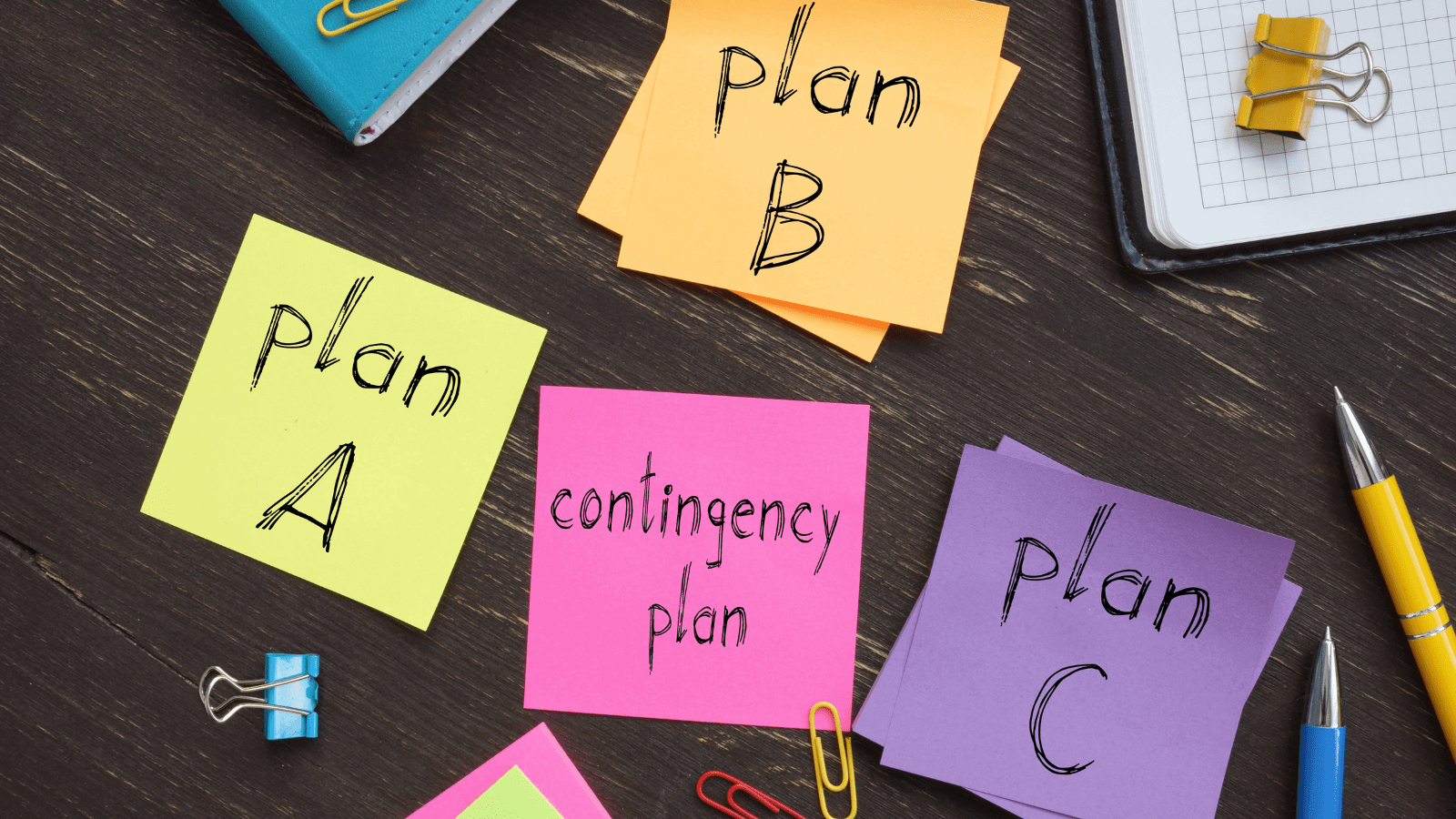Mar 05, 2024
5 min read
Speed Up Business Success: Fast Business Loans
Starting and growing a business requires immense working capital reserves, and...
Read story

Today is International Stress Awareness Day. The day is part of a weeklong summit run by International Stress Management Association (ISMA), a registered charity based in the United Kingdom that’s aimed at becoming the lead professional body for workplace and personal stress management, well-being and performance. According to the definition on ISMA’s website,
Stress is “that which arises when the pressure placed upon an individual exceeds the capacity of that individual to cope.”
The ISMA provides an in-depth list of symptoms that can be indicators of stress. Some of the most common ones are:
Stress can come from a variety of sources such as your job, your family, school, a project, an illness, a divorce, or even moving to a new home. With the additional stressors that the COVID-19 pandemic has put on many of us, it could also come from struggling to maintain a healthy work-life balance or from the uncertainty of what the future holds for your business or career. In fact, 65% of small- to medium-sized business owners identified themselves as stressed due to the impact of COVID-19 on their businesses, with 68% admitting to losing at least one hour of sleep per night.
The number of people who experience stress in the United States is alarmingly high. One recent study found that 75% of adults reported experiencing moderate to high levels of stress in the past month and nearly half reported that their stress has increased in the past year.
Whether you own a business, are an employee at a company who may be feeling stressed out, or are unemployed and experiencing anxiety about your job search, consider the following helpful tips. Before you reach full blown burnout, you can actually prevent and manage stress by implementing a few simple changes. They are:
Instead of trying to ignore or suppress the feelings of stress in your body, allow yourself to listen to them. Become aware of what your body is feeling and acknowledge those feelings. It may be helpful to keep a journal of your physical symptoms and possible causes for the root of the stress. This can help you identify a pattern of possible triggers. Knowing what your stressors are and how you react to them will enable you to deal with them more effectively.
Oftentimes, we tend to get overwhelmed when we think about everything we have to do. We may not know where to start and then worry about all of the things that could go wrong. As an alternative, eliminate negative or damaging thoughts and replace them with positive, encouraging ones. Try breaking down your tasks into smaller, manageable pieces and focus 100% of your energy on finishing one thing at a time. Then celebrate your victory, check the item off of your to-do list, and move onto the next task.
De-stress with exercise to boost your mood and help you feel more energized. Don’t think you have time to exercise? Try scheduling a time for a workout in your calendar every day. Choose an activity that you enjoy like walking, running, dancing, swimming, or playing a sport so you are more apt to stick with it. Getting in a good workout will give you an endorphin boost, rid your body of physical tension, and help you focus better on your tasks.
Between working from home and not spending as much time out of the house due to COVID-19 restrictions, many people are experiencing disturbances in their sleep patterns. This could be due to staying up later or blending the line between work and sleep by working in your bedroom in pajamas all day. Try to stick to a strict sleep schedule by going to bed and waking up at the same times each day. And make sure to limit your screen time before bed, as the blue light that electronic devices emit can confuse your body’s internal clock.
Without proper nutrition your body is not well equipped to handle stress. In fact, a slight stressful trigger may be enough to push you over the edge if you aren’t well-nourished and consistently eating a balanced diet. WebMD suggests that eating certain foods like warm oatmeal, raw veggies, and almonds can even help you tame stress.
Know when you need take a break and step away from whatever is triggering your stress. Doing yoga, listening to music, meditating, doing tai chi, or practicing breathing techniques can all help to alleviate and prevent stress.
It’s important to remember that while it’s impossible for us to avoid stressful situations altogether, we can tackle them better with self-awareness and by applying techniques for stress management. As the author William James once said, “The greatest weapon against stress is our ability to choose one thought over another.”

Mar 05, 2024
5 min read
Starting and growing a business requires immense working capital reserves, and...
Read story

Oct 12, 2022
3 min read
The best way for your business to survive a disaster is...
Read story

Jun 28, 2022
2 min read
One of the biggest misconceptions about business financing is that it’s...
Read story

A funding specialist will get back to you soon.
If you can’t hang on then give us a call at (844) 284-2725 or complete your working capital application here.